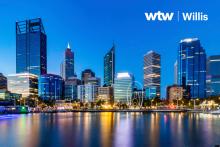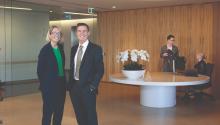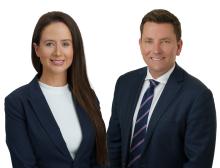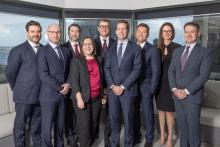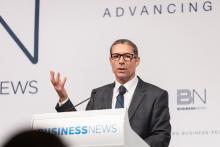
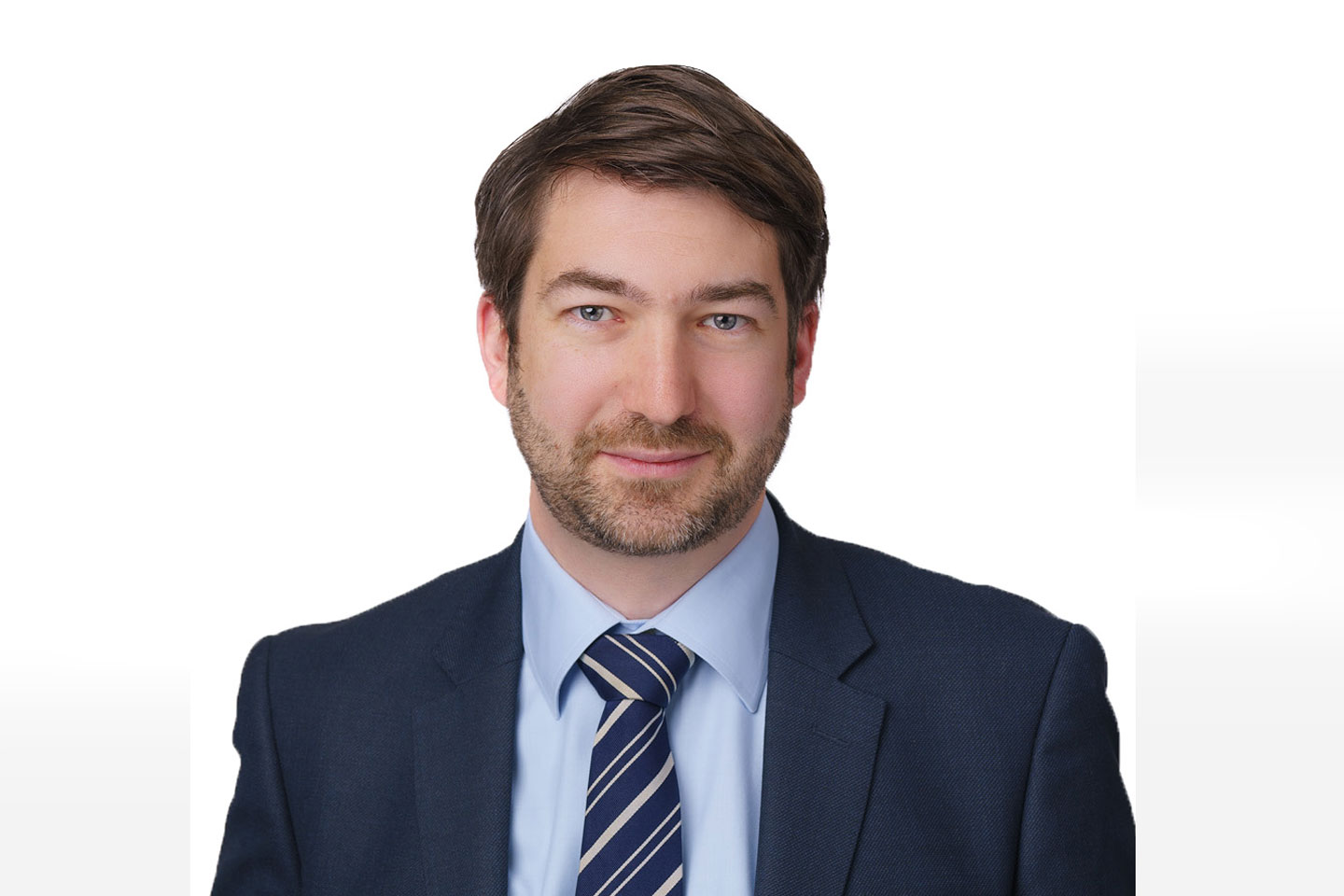
As environmental, social and governance obligations tighten across Australia, legal risk is rising. For businesses unsure of what to do next, Perth lawyer Chris Owen has clear advice: start asking questions now, before regulators, courts or the public do it for you.
A litigation and arbitration partner at Norton Rose Fulbright, Chris is emerging as a leading voice in Australia’s ESG legal landscape. He heads the firm’s ESG Group and also serves as national pro bono partner. These roles give him unique insight into both corporate exposure and social responsibility.
Chris says ESG is no longer just a marketing matter or a tick-box compliance task. It’s a legal reality, and increasingly, a litigious one.
“My role is to help clients understand their obligations, assess the risks and know exactly where they stand when something goes wrong,” he says.
His litigation background is central to this. From climate-related claims to modern slavery investigations, Chris has seen how quickly ESG issues can escalate and how costly they can become if businesses are unprepared.
Greenwashing has been a particularly concerning ESG issue for business recently. “There’s a significant difference between making an ESG statement and being able to defend it,” he explains. “That difference can mean millions in legal costs, lost investor confidence or long-term reputational damage.”
It is this grounded perspective that makes Chris’s advice especially relevant for businesses navigating growing scrutiny from regulators, investors and the public. Under his guidance, clients are moving beyond basic ESG commitments to building frameworks that are legally sound, operationally integrated and aligned with broader risk strategy.
“Businesses need to go beyond compliance,” he says. “They need to embed ESG into their every day culture, operations and governance.”
Now based in Perth, Chris brings global perspective shaped by his earlier career in London, where he was a litigation partner at a major international law firm. There, he led the firm’s mass tort group, focussed on ESG and antitrust disputes, as well as having a more general commercial litigation and arbitration practice.
This international experience is proving valuable to clients facing complex ESG risks. At Norton Rose Fulbright, he advises clients across high-scrutiny sectors such as mining, energy, finance and infrastructure. Aside from greenwashing claims, Chris explains he is seeing a rapid growth of ESG litigation in new areas, fuelled by a combination of active plaintiff firms, a sophisticated court system, a well-developed class action regime and third-party litigation funders and philanthropy backing claims. Climate litigation is a particularly strong growth area; Australia is now reporting the highest number of climate litigation claims per capita and the second highest number of climate claims of any country.
Chris also leads the firm’s national pro bono program, which last year contributed over 25,000 hours supporting charities, NGOs and vulnerable communities across Australia. Drawing on his experience collaborating with major financial institutions and corporate clients on pro bono matters, he brings expertise to issues like human rights, the environment and consumer actions. He handles cases in Western Australian courts and beyond, including in more specialist bodies such as the OECD National Contact Point and Human Rights Commission.
“Our pro bono work isn’t charity, it’s part of who we are,” Chris explains. “We use our legal skills to deliver real outcomes for people who wouldn’t otherwise have access to justice, applying the same rigour we bring to our corporate clients.”
Under his leadership, lawyers involved in the program receive training in cultural competency and trauma-informed care to better support clients from diverse and vulnerable backgrounds. The firm is also exploring digital tools and artificial intelligence to improve access to justice and extend the reach of its community work. Most recently, Chris has established a litigation fund, in which the proceeds of pro bono costs awards are channelled back into funding subsequent litigation – increasing access to justice.
It is all part of Chris’s broader philosophy. He believes that law firms have a responsibility to lead, not just in deals and disputes, but in supporting society, as part of their social licence to operate.
“ESG isn’t just about company values anymore. It’s about accountability and public trust,” he concludes. “The next five years will only deepen that shift. Businesses need to review their strategies now, or risk falling behind regulatory and community expectations, leaving them wide open to legal risk.”







